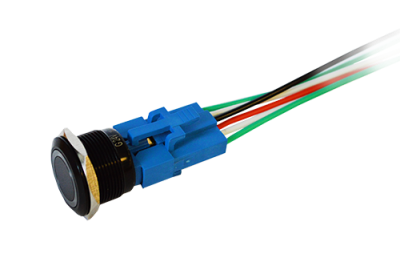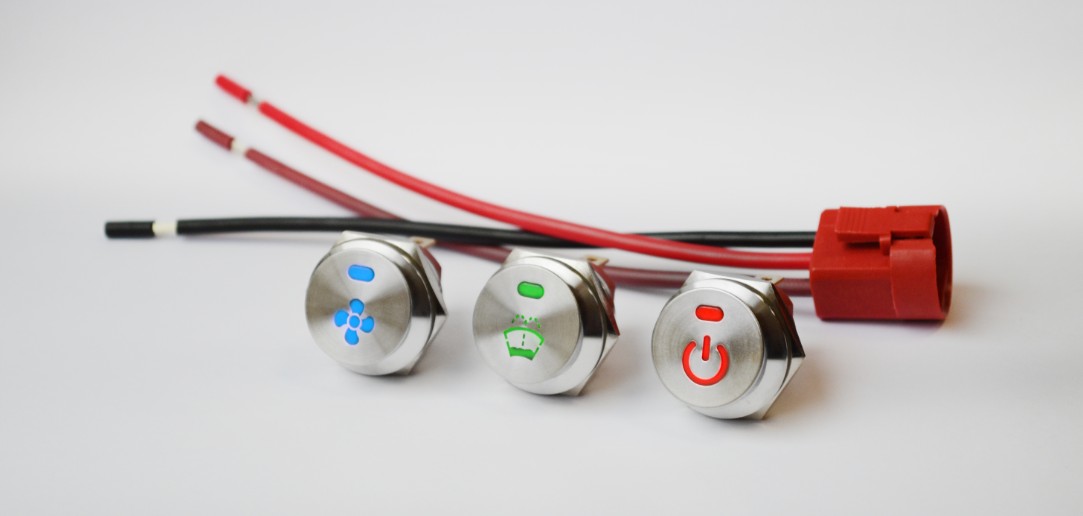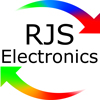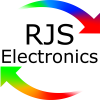In the intricate world of electronics, sockets and connectors play a fundamental role in the functionality of switches. These components are often the unsung heroes that facilitate seamless connections within various devices, ensuring that electrical signals are transmitted efficiently and reliably. Understanding their roles and applications can provide valuable insights into the design and operation of electronic systems.
What are Connectors?
Connectors are devices that join electrical circuits together. They can be male or female and are often used to bridge the gap between different components, such as switches and circuit boards. Connectors are essential for creating a modular system, where components can be easily replaced or upgraded without extensive rewiring.

Why Are Connectors Used?
Ease of Installation and Maintenance:
Connectors simplify the installation process, allowing components to be easily plugged in or removed. This modular element creates and easier route for maintenance, as faulty components can be quickly replaced without disrupting the entire system.
Safety and Reliability:
By providing a secure and stable connection, connectors help prevent accidental disconnections and minimise the risk of short circuits.
Flexibility and Customisation:
Connectors enable designers to create flexible systems that can be easily adapted to meet specific needs. This adaptability is particularly important in applications where devices need to be frequently updated or reconfigured.
Cost-Effectiveness:
By allowing for easy replacement of individual components, sockets and connectors can reduce long-term costs associated with system maintenance and upgrades.

Typical Applications
Connectors are used across a wide range of applications, particularly in systems involving switches:
Automotive Systems:
In the automotive industry, connectors are critical for linking switches to various vehicle systems, such as lighting and climate control, ensuring seamless operation.
Industrial Equipment:
In industrial settings, sockets and connectors facilitate the integration of switches into larger control systems, allowing for efficient machinery operation and maintenance.
Telecommunications:
Connectors are important in telecommunications equipment, where reliable connections are essential for signal transmission.
Summary
In summary, connectors are an important component in the world of electronics. Their ability to provide secure, reliable, and flexible connections makes them a useful accessory when dealing with switches. Whether in consumer electronics, automotive systems, or industrial machinery, the role of connectors is crucial in ensuring efficient and effective operation. By understanding their functions and applications, designers and engineers can create systems that are not only robust but also adaptable to the ever-evolving demands of technology.
Interested in our products? Speak to us today!
How to place an order?
We operate Monday – Thursday (8 am – 5 pm) and Fridays (8 am – 4.30 pm)
Call us on +44 (0) 1234 213600 to speak to our Sales Engineers or e-mail us
on [email protected] alternatively, leave us a message using our online contact form.
View our full product range here | Download our recent product catalogue
Switch on.
Sign up to our mailing list for the latest news, product notification and so much more!
Just one click away…

